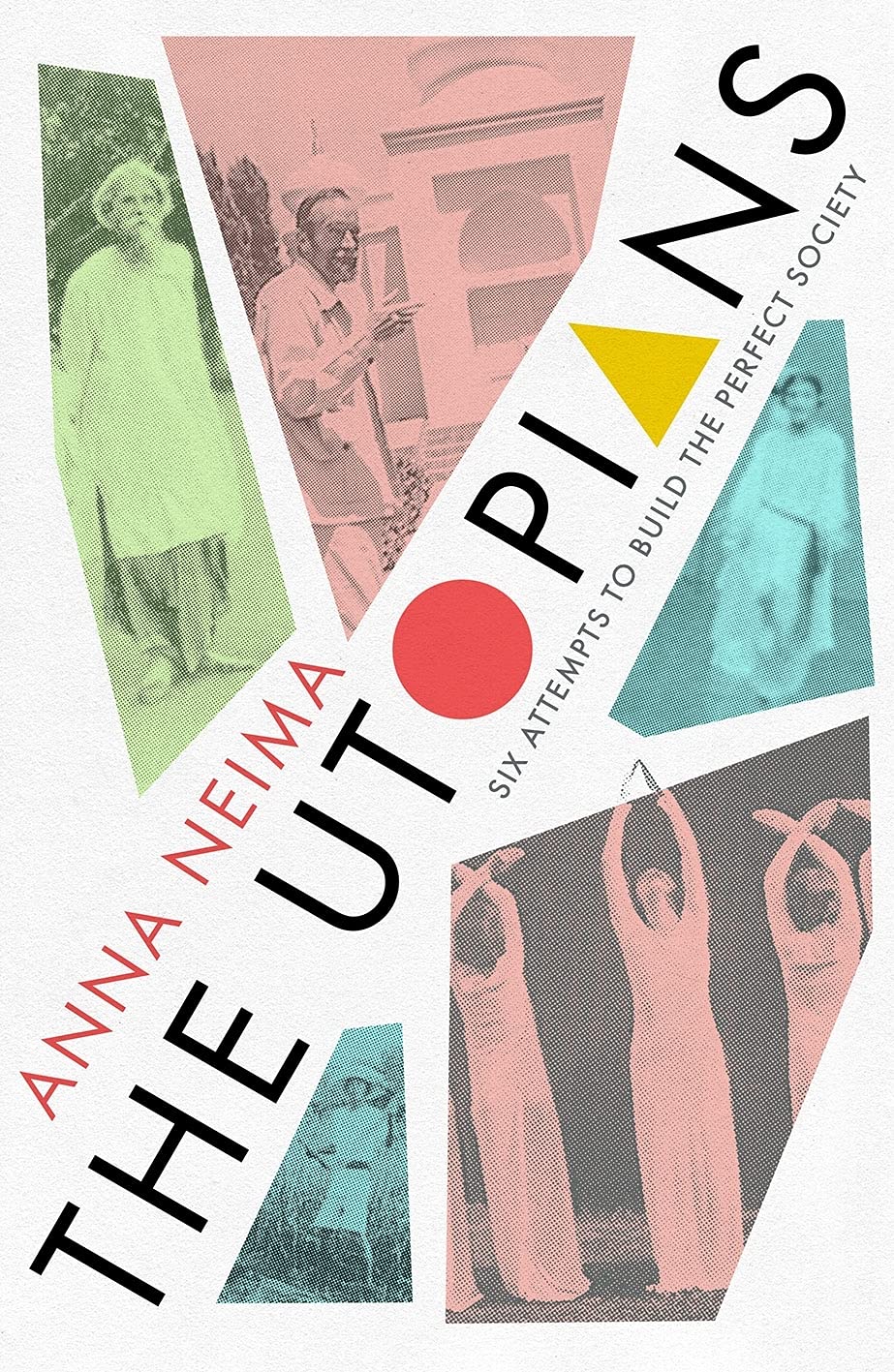
'Neima’s book, impeccably researched and beautifully written, will be an inspiration for anyone looking to an alternative future today.
' - Stella Tillyard, author of Aristocrats and The Great Level'Deeply interesting and a pleasure to read, The Utopians illuminates the history of “social dreaming” at a time when it has never been more needed.
' - Alison Light, author of A Radical Romance, Common People and Mrs.
Woolf and the ServantsThe Utopians is the remarkable story of six experimental communities – Santiniketan-Sriniketan in India, Dartington Hall in England, Atarashiki Mura in Japan, the Institute for the Harmonious Development of Man in France, the Bruderhof in Germany and Trabuco College in America – that sprang up in the aftermath of the First World War.
Each was led by charismatic figures who dreamed of a new way of living.
Rabindranath Tagore, Dorothy and Leonard Elmhirst, Mushanokoji Saneatsu, G.
Gurdjieff, Eberhard and Emmy Arnold and Gerald Heard all struggled to turn ambitious ideals into reality.
They – and their fellow communards – left their jobs, their homes and their social circles.
They faced mockery and persecution, penury, hunger and discomfort, and their own doubts about whether their efforts to change society would ever make a difference.
Anna Neima’s absorbing and vivid account of these collectives, from creation to collapse, reveals them to be full of eccentric characters, outlandish lifestyles and unchecked idealism.
They were dramatic, fractious places where high ideals collided with the need to feed the chickens, clean the toilets, bring up squabbling children and grow the grain for the daily bread.
These communities were small in scale and dismissed in their time.
Yet, a century later, their influence still resonates in realms as disparate as progressive education, environmentalism, medical research and mindfulness training.
They provided, and continue to provide, a rich store of inspiration for those who aspire to improve the world.
Without them, the post-war world would have been a poorer place.
Pan Macmillan este o companie internațională de editură majoră, cu birouri în Regatul Unit, Australia, Africa de Sud și India.
Face parte din grupul Macmillan Publishers.
Pan Macmillan publică o gamă largă de cărți, inclusiv literatură de ficțiune, non-ficțiune și literatură pentru copii.
Iată câteva puncte cheie despre Pan Macmillan: 1.
Genuri de cărți: Pan Macmillan publică cărți din diferite genuri, inclusiv ficțiune literară, crime și thrillere, science fiction și fantasy, romantism, memorii, biografii și cărți pentru copii.
Autori: Editura lucrează cu o gamă variată de autori, incluzând atât scriitori consacrați, cât și talente emergente.
Pan Macmillan este cunoscut pentru angajamentul său de a sprijini autorii și de a cultiva talentul literar.
Amprente: Pan Macmillan operează sub diferite amprente, fiecare având propriul său focus și specializare.
Amprentele pot include Picador, Macmillan Children's Books, Pan Books și altele.
Acoperire internațională: Pan Macmillan are o prezență internațională puternică, iar cărțile sale sunt distribuite la nivel global.
Compania își propune să pună în legătură autorii cu cititorii din întreaga lume.
Editura digitală: Pe lângă cărțile tipărite tradiționale, Pan Macmillan este activ în publicarea digitală, oferind cărți electronice și cărți audio pentru a satisface preferințele în continuă evoluție ale cititorilor.
Titluri premiate: Multe cărți publicate de Pan Macmillan au primit aprecieri de critică și au fost recunoscute cu premii literare.
Parte din Macmillan Publishers: Pan Macmillan face parte din grupul mai mare Macmillan Publishers, o companie globală de editură cu o istorie care datează din secolul al XIX-lea.